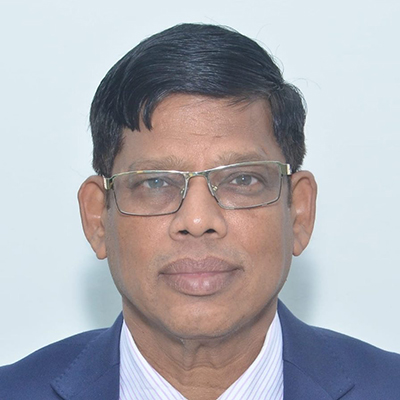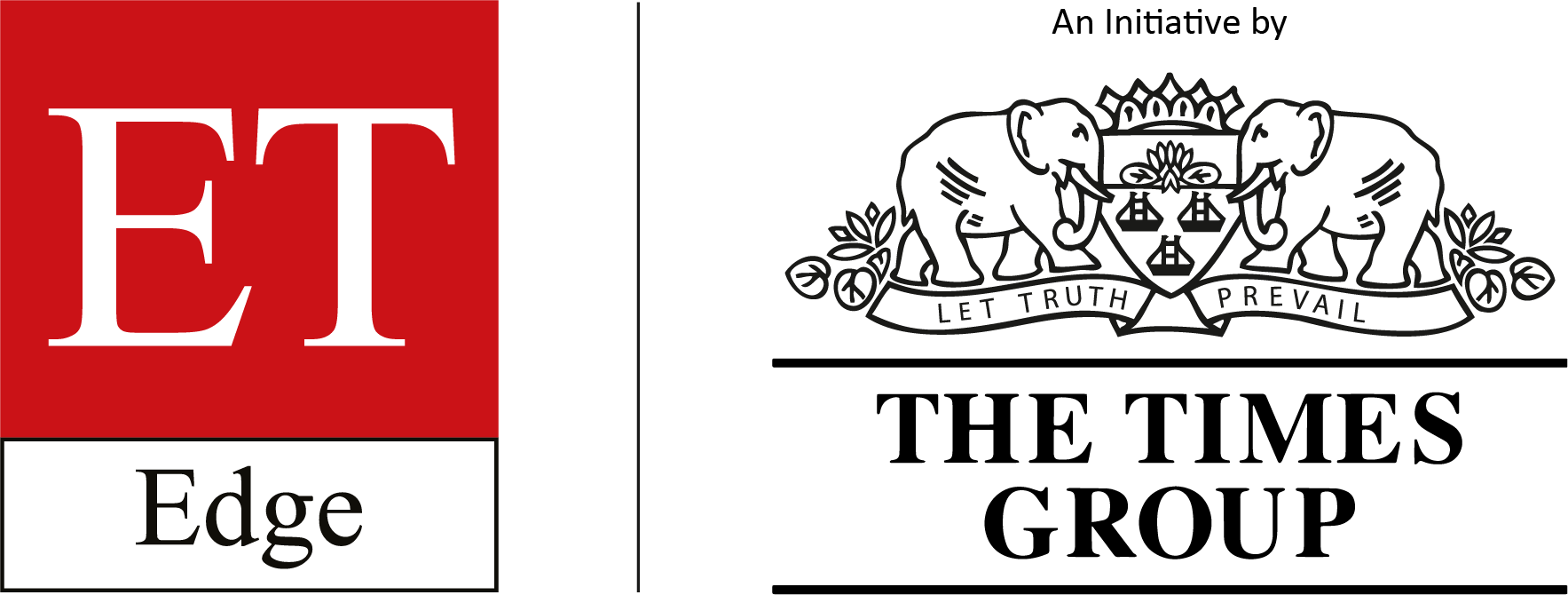
Upendra Tripathy
Former and Founding Director-General
International Solar Alliance, Former Secretary, Ministry Of New and Renewable Energy, Government of India
Mr. Upendra Tripathy, recipient of the Indian Prime Minister’s award for excellence in public administration, was the former and the founding Director General of International Solar Alliance – the first treaty based multilateral body to be headquartered in India – which made stellar progress during his tenure of 2017 to 2021.
He was also the former Secretary to the Government of India in the Ministry of New and Renewable Energy (2014-2016), who put MNRE in a different orbit with new ideas such as the 1st RE-INVEST, 175 GW of RE by 2022, Association of Renewable Energy Agencies of the States (AREAS, 2015), training of 57000 Solar Mechanics (Suryamitras), World Solar Museum, World Solar Bank, the Renewable Energy University and made outstanding contribution towards planning and projectization of 175 GW target. He had the privilege to play a unique and important role in the transformation of the RE sector in India, post 2014, under the dynamic leadership of PM Modi and Minister Piyush Goyal.
In ex-officio capacity, he has headed the Solar Energy Corporation of India (SECI) as Chairperson and transformed SECI from a loss making undertaking to a surplus generating PSU. He was also Chairperson of National Institute of Solar Energy, National Institute of Wind Energy, National Institute of Bio Energy, and Association of Renewable Energy Agencies of States (AREAS). He also coordinated and speeded up the implementation of India’s Green Energy Corridor with One Billion Euro of loan finance from Kfw.
Institution building abilities of Mr Tripathy and his innovations got reflected in the establishment of Hassan Kalamandir (1989), Akshayar Foundation (2001), Environmental Management Policy Research Institute (EMPRI) (2003), turnaround of Bangalore Metropolitan Transport Corporation (BMTC) (2003-2008), institution of Nrupathunga Literary Award in Karnataka (2008), establishment of the Centre for infrastructure, Sustainable Transportation and Urban Planning (CiSTUP) (2009), Other awards that recognise his abilities, excellence and innovative thinking, are – Extra-Ordinary Citizens’ Award from Rotary International 2008, Central Board of Irrigation and Power (CBIP) Award 2016 for outstanding contribution to India’s Renewable Energy Sector, 10th Enertia LifeTime Achievement Award- 2016 and UBM 2016 as Crusader of the year for Renewable Energy. He was adjudged one of the 100 most influential actors globally
by the Apolitical.
What helps Mr. Tripathy in being an outstanding administrator of great eminence is his 42 years of diverse experience in and across related sectors- land administration, rural development, agriculture, education, social inclusion, environment, petroleum and natural gas, and transportation. He has worked in global, federal, provincial and local administrations in India, apart from spending four years in Carleton university, Ottawa and a stint in the Indian Embassy in Brussels.
Mr Tripathy currently is the honorary Principal Adviser (Education) to the Honourable Chief Minister of Odisha, with the rank and status of a minister of State. He is also an Adjunct Professor at NIAS, and advises several organizations in matters related to energy,
environment and climate justice. He can be reached at utripathy@gmail.com.
